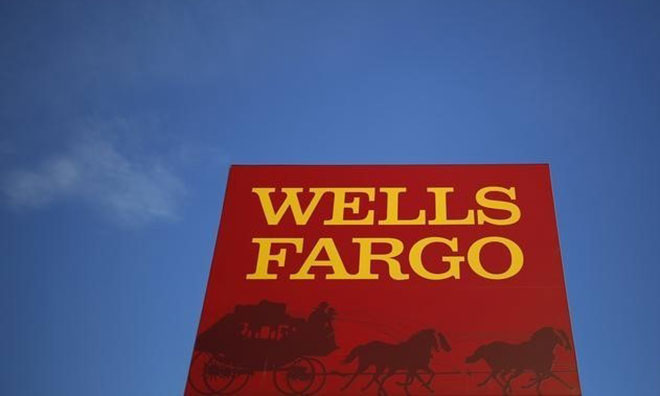
Community Bankers Group: Wells Fargo Scandal Hurts Our Members
The head of the Independent Community Bankers of America says that the recent fraud scandal involving the nation's second-largest bank could affect his group's members by giving the public a negative impression and making it harder for small banks to fight regulatory challenges.
This month’s controversy surrounding Wells Fargo—the company paid a massive fine after thousands of its employees had been caught fraudulently creating customer accounts to meet quotas—has one association speaking out.
The problem? The Independent Community Bankers of America (ICBA), which represents small banks, believes that the controversy is going to negatively reflect on its members and hold back regulatory reforms.
ICBA President and CEO Camden R. Fine said that the Wells Fargo incident highlighted an “example of the industry inequality that plagues our nation’s banking system,” and that it hurt not only its members but also the public at large.
“Not only is this conduct appalling and harmful to American consumers and communities, it also contributes to the growth of excessive regulation that needlessly burdens the local community banks that do right by their customers,” Fine said in a statement last week. “While Wells Fargo has the luxury of throwing money at the problem to make it go away without its board or senior management being held accountable, the individuals and local institutions affected by its actions will continue to suffer for years to come.”
One way that the controversy is likely to hurt smaller banks is that it gives lawmakers ammunition to avoid passing new reforms on the reach of the Consumer Financial Protection Bureau, because the Wells Fargo incident, which led to a $185 million fine, validates the existence of the bureau to its supporters in Congress, notes American Banker.
But beyond the regulatory issues, ICBA’s Fine isn’t mincing words when it comes to Wells Fargo. In an interview on CNBC this week, Fine suggested that the company was “the dictionary definition of too big to manage and too big to regulate” and implied that Wells Fargo CEO John Stumpf had a leadership problem on his hands.
“So either Mr. Stumpf and his senior executives set an inappropriate culture and expectations, or they can’t get their arms around their own organization. It’s as simple as that,” Fine said on the network’s Power Lunch.
(Jim Young/Reuters)






Comments